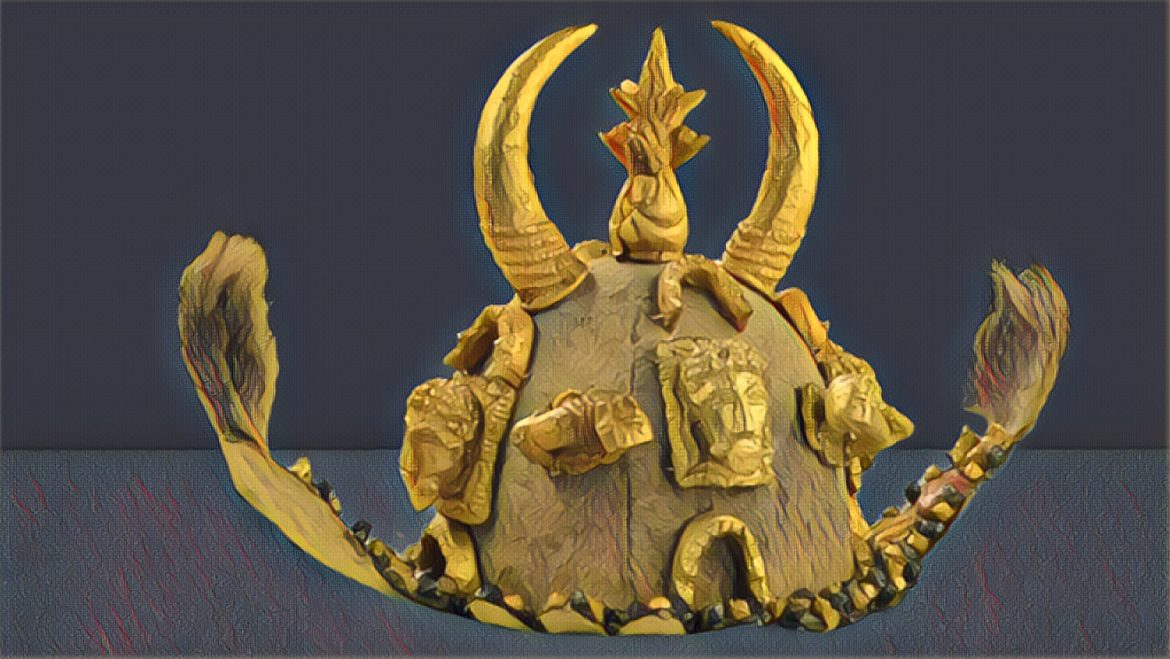In a landmark move, the UK is set to return some of Ghana’s most treasured artifacts, colloquially known as the nation’s ‘crown jewels,’ 150 years after they were looted from the court of the Asante king. The return, which encompasses 32 items, including a significant gold peace pipe, is part of long-term loan deals, as revealed by the BBC.
According to a report by My Joy Online, the Victoria & Albert Museum (V&A) and the British Museum are at the forefront of this cultural repatriation, lending 17 and 15 pieces, respectively. This gesture marks a new chapter in addressing the long-standing issue of contested artifacts within major UK museums, which are legally barred from permanently returning such items.
Ghana’s chief negotiator for the return expressed hope for a renewed sense of cultural cooperation, following generations of frustration and anger over the retention of these artifacts in the UK. While the move is celebrated, concerns linger that loan agreements could be misinterpreted as an acceptance of UK ownership over these historic items.
Tristram Hunt, director of the V&A, compared the importance of these gold items of court regalia to the UK’s own Crown Jewels. Most of the artifacts being loaned were taken during the 19th-century wars between the British and the Asante. The selection includes a sword of state and gold badges that played a crucial role in the Asante kingdom’s governance and spiritual traditions.
The three-year loan agreements, extendable for a further three years, are not with the Ghanaian government but directly with the current Asante king, Otumfo Osei Tutu II. The items are set to be displayed at the Manhyia Palace Museum in Kumasi, coinciding with the Asantehene’s silver jubilee celebrations.
This move represents not just a physical return of artifacts but also a symbolic gesture acknowledging the profound cultural and spiritual significance these items hold for Ghana and the Asante people. It opens doors for a deeper understanding and respect for cultural heritage, setting a precedent for how nations can address historical wrongs while navigating legal and diplomatic complexities.





1 comment
Thanks for sharing. I read many of your blog posts, cool, your blog is very good. https://www.binance.info/register?ref=IXBIAFVY